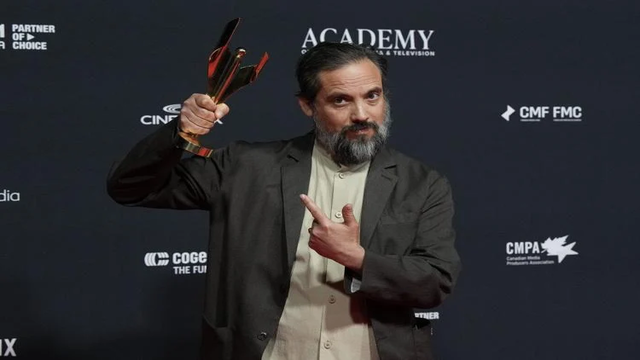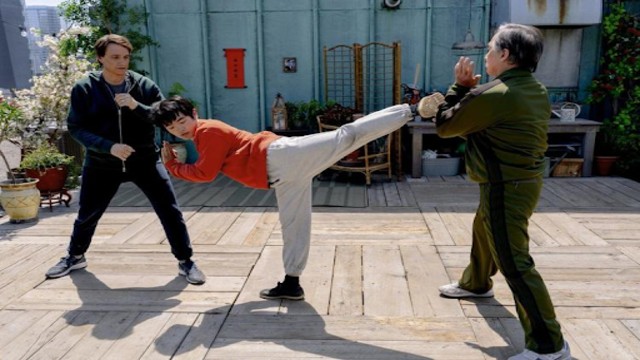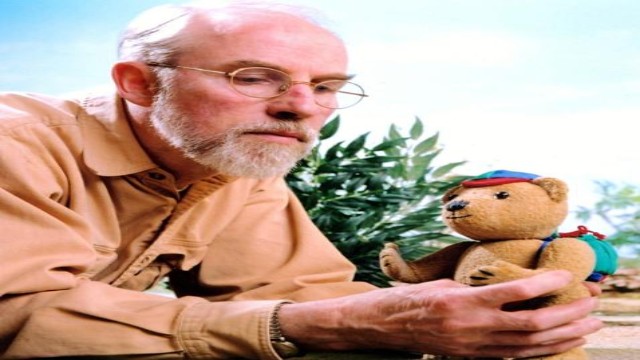
Shuntaro Tanikawa, the Japanese poet and translator. AP Photo/ Eugene Hoshiko.
Shuntaro Tanikawa, the renowned Japanese poet who revolutionized modern poetry in Japan, passed away on November 13 at the age of 92. Tanikawa, known for his profound yet conversational style, reshaped poetic expression by moving away from traditional forms such as haiku. His works, characterized by simplicity, vivid imagery, and deep reflections on life and the universe, continue to resonate with readers worldwide.
Born in 1931, Tanikawa emerged as a literary trailblazer in the 1950s with his debut collection Two Billion Light Years of Solitude. This work, which explored the vastness of the cosmos through the lens of everyday experiences, became an instant bestseller. Remarkably, this collection preceded Gabriel García Márquez’s One Hundred Years of Solitude by several years, yet it shared a similar blend of the fantastical with the ordinary.
In addition to his poetry, Tanikawa was a versatile figure in the Japanese cultural scene. He worked as a translator, bringing works such as Peanuts into Japanese, and penned the lyrics for the iconic theme song of Astro Boy, one of Japan's earliest and most beloved animated series. His creative output extended into children's literature and film as well, with his poetry appearing in Japanese school textbooks and his script for the 1964 Tokyo Olympics documentary Tokyo Olympiad receiving critical acclaim.
Tanikawa’s poetry was often an exploration of language itself, experimenting with rhythm, sound, and meaning. One of his most celebrated works, Word Play Songs (Kotoba Asobi Uta), delighted readers with its playful use of homophones and onomatopoeia. He saw language as both a tool for artistic expression and a vital part of his identity, describing it as the ground from which his creativity grew.
Tanikawa's writing often sought to uncover the beauty in life's smallest moments, reflecting a fascination with the poetry embedded in the everyday. One such example is his prose poem about a boy opening a can of Coke, in which he muses on the vast, unknowable universe contained within such a simple act.
Though he began his poetic journey as a teenager, Tanikawa was not formally educated in the traditional sense, having dropped out of school during his early rise to fame. This unconventional path away from the rigid academic world of postwar Japanese poetry allowed him the freedom to develop a distinctive voice, free from the constraints of scholarly expectation. His work bridged the gap between high art and popular culture, often using language that was accessible while still profound in its depth.
Tanikawa’s reflections on mortality were also central to his work. Despite his recognition as one of Japan’s leading poets, he remained grounded, often expressing a curiosity about death rather than fear. In his final years, he shared a sense of peace with his passing, emphasizing his desire to go quietly, without pain or prolonged illness.
His legacy is far-reaching, with his works translated into numerous languages, including English, Chinese, and various European tongues. Tanikawa’s influence will undoubtedly continue, as his poetry remains a testament to the beauty and complexity of the human experience. He is survived by his son, musician Kensaku Tanikawa, his daughter Shino, and several grandchildren. A private funeral was held, and a public farewell event is being planned to honor his memory.















